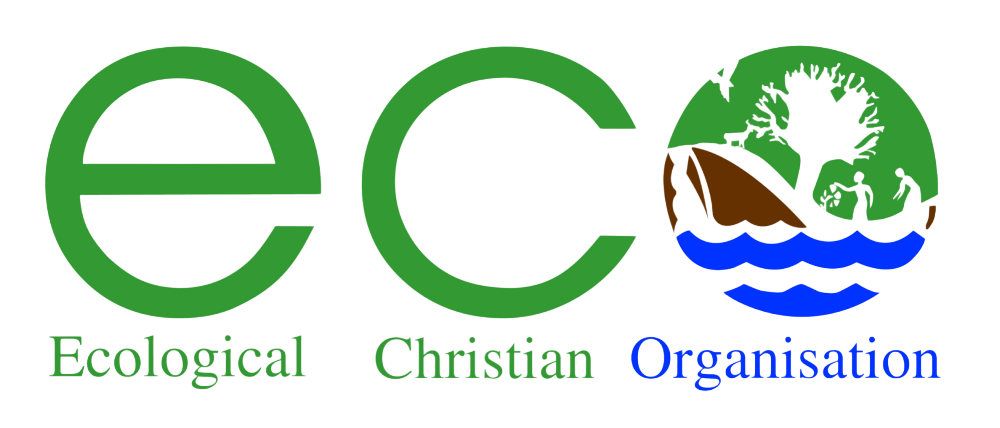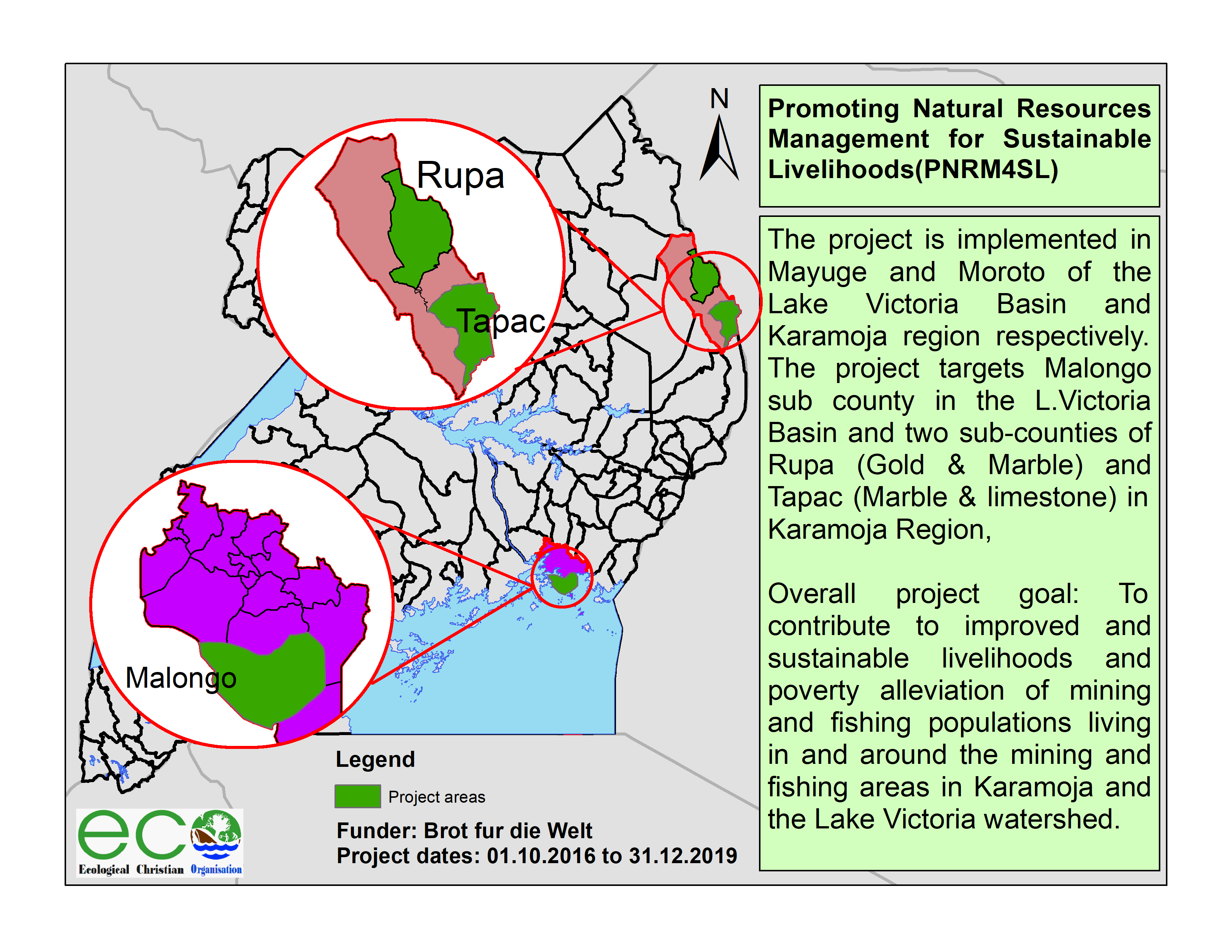Promoting Natural Resources Management For Sustainable Livelihoods(PNRM4SL)
Promoting Natural Resources Management for Sustainable Livelihoods(PNRM4SL)
Supported by Bread for the World, this is a three-year project aimed at:
1)Improving the livelihood of Artisanal and Small-Scale Miners (ASM) in Moroto which has potential to become a vital engine for economic diversification and development in Karamoja especially women who consist of over 80% of the total workforce.
2) Reducing environmental stresses from the lake basin through the implementation of sustainable soil and water management practices, sustainable land use, conservation agriculture, and watershed management and livelihoods improvement interventions in addition to fisheries using community-driven development approaches in Mayuge.
Overall project goal: To contribute to improved and sustainable livelihoods and poverty alleviation of mining and fishing populations living in and around the mining and fishing areas in Karamoja and the Lake Victoria watershed.
Project Location and Target population: The project is implemented in Mayuge and Moroto of the Lake Victoria Basin and Karamoja region respectively. In Karamoja Region, the project targets three mining communities in two sub-counties of Rupa (Gold & Marble) and Tapac (Marble & limestone) in Moroto District. In the Lake Victoria Basin, it targets the fishing communities in Malongo sub-county on the lakeshore of Mayuge District.
What we are doing to drive Change
- Organization of Artisanal and Small-scale Miners (ASM) in the project target areas;49 groups comprising of over 1225 ASM were organized between 2016 to 2018 in the project areas of Rupa & Tapac in Moroto District.
- Conducting hands-on trainings on sustainable mining, fisheries, agriculture, land use, agroforestry and biodiversity conservation.
- Conducting gender-responsive community-based business & financial literacy skills trainings and promoting the culture of savings in target mining sites.
- Supporting small direct grants/financing to ASM best practice groups
- Provision of low-cost, easy to use ASM tools and equipments
- Advocacy engagements & Awareness campaigns:
- Exposure visits.


